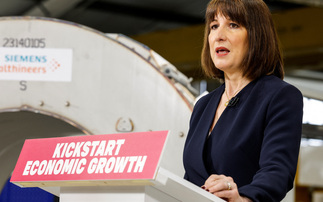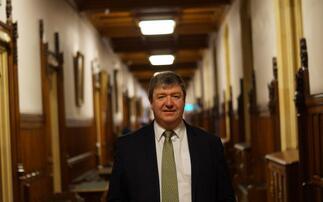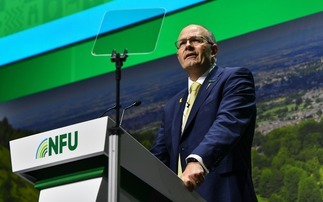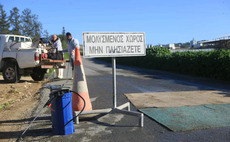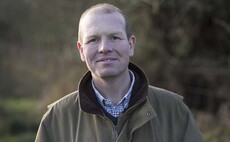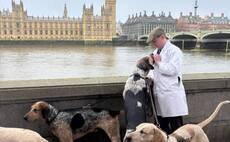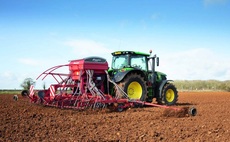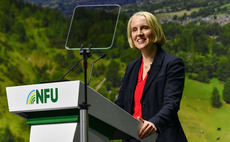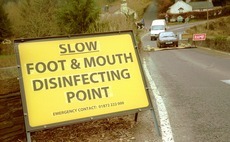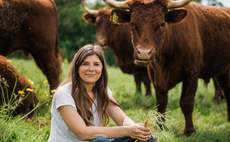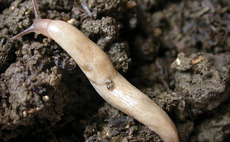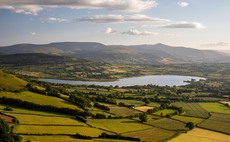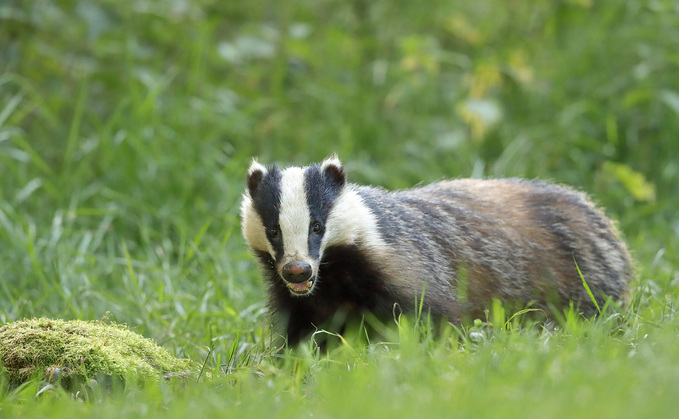
Labour has always pedalled an anti-badger cull rhetoric, so Shadow Farming Minister Daniel Zeichner's statement this week will come as no surprise. However, with Labour looking likely to be the party charged with forming a new Government, the prospect is suddenly very real.
It also begs the question of what will happen in Scotland too, with Labour rising in the polls as support for the SNP wanes. While bTB is nowhere near as big an issue in Scotland as it is in England and Wales, it is usually described by farming leaders as being the 'wolf at the door' and that if wildlife control does need to be carried out in future, the option must be there to do so.
While we must not ignore the politicking that has taken place among Conservatives too (think back to Boris and Carrie Johnson wading in on the Derbyshire cull), the day today toll of dealing with bTH on-farm is pushing some farmers and their businesses to the brink. And as the Government-commissioned Charles Godfray review stated, bTB must be depoliticised. Otherwise, it makes running an eradication scheme impossible.
What must come next is a sensible discussion using the available science and statistical evidence - which shows a clear correlation between badger culling and a reduction in cattle herd bTB incidence rates - to set out a carefully thought-out plan to get to bTB-free by 2038.
If there is no intention to continue with intensive culling, there must be an option to look at the data and make an informed decision on a case by case basis. Labour's ruling out of that option would risk slowing any progress and then pushing it into reverse.
If Labour is serious about winning over rural voters, it must show leadership by using every tool in the toolbox, or risk presiding over a resurgence of bTB and riding roughshod over hard-fought gains.








